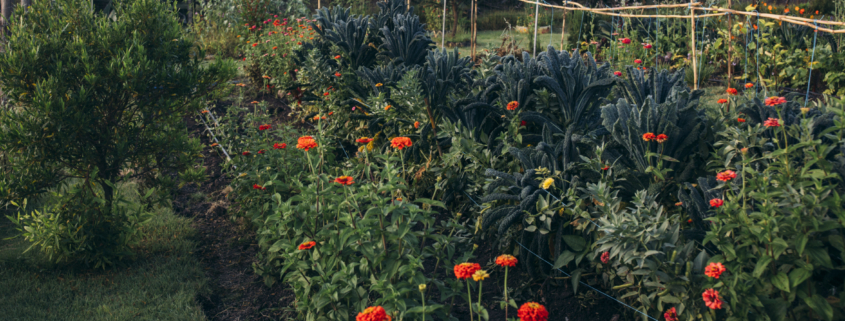IFOAM – Organics International Stands Firm on the Importance of Grower Group Certification Amidst Litigation Pratum v. USDA
IFOAM – Organics International is extremely concerned about the litigation against the US Department of Agriculture (USDA) initiated by an organic farmer in the USA.
The lawsuit alleges that group certification of organic farmers is being used to cover up fraudulent practices and create an uneven playing field between organic American farmers who have an individual responsibility for certification and organic farmers organised in producer groups that are subject to Internal Control Systems (ICSs).
It questions whether USDA has the authority to delegate the responsibility of inspecting every farm every year and questions whether the new regulation provides for an adequate number of third-party inspections of producer group members to meet the intent of the organic legislation.
The litigation highlights widespread misunderstanding about the role and function of grower group certification, which we seek to clarify in the explainer below.
IFOAM – Organics International considers group certification a vital tool for ensuring millions of organic farmers around the world can access global markets whilst ensuring the robust integrity of the products produced. We understand that the USDA’s new regulation for producer groups differs from both the recent EU legislation and IFOAM Norms for grower groups in a few ways, but still support the regulatory recognition of producer groups in the USDA rule [1].
Grower groups play a key role in supporting organic farming and provide organic market access for millions of honest, hard-working smallholder farmers that care for the land and provide ecological benefits. As a result, they should be considered a strong force for good in rapidly scaling climate and nature-friendly farming that mitigates and addresses the biggest crises of our times.
We also recognise the crucial importance of robust governance of ICS. The oversight process for grower groups is different to the process for individual farmers. An appropriate level of rigour must be maintained in both approaches.

